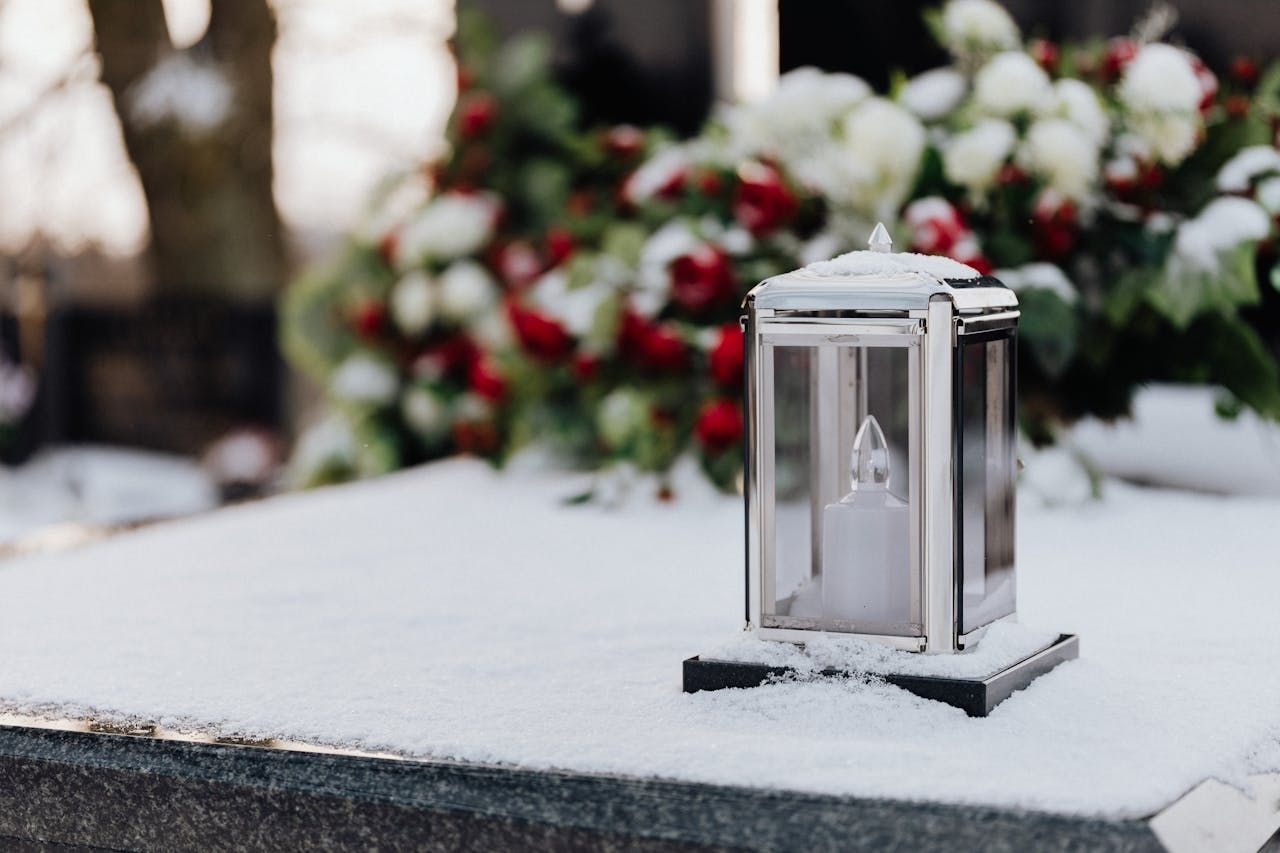What to Say When Someone Dies

When someone dies, talking about it can feel awkward. You may not know what to say to someone grieving, and you may fear that talking about it will somehow make that person feel worse. Rest assured, that is not the case. People who have lost a loved one have not forgotten that the person died, and when you talk about it, you can offer comfort and give permission for them to talk about it, too. It is better to say something sincere and heartfelt than to remain silent, and even just acknowledging the loss can be comforting to the bereaved person. Here, we offer some advice on what to say – and what not to say – to a person who is grieving a loved one who has died.
Comforting Words to Say When Someone Dies
When you are talking to a person who has lost someone dear, expressing your honest feelings is a good way to address the death. Say what feels natural to you, even if it is as simple as “I am so sorry about David – how terrible.” It may feel clichéd to say “I am sorry for your loss” but it is appropriate. Be empathetic, and take care not to say that you know how the person feels. Even if you have suffered a similar loss, bringing that up turns the conversation back to you, rather than focusing on the person whose is in pain now.
Do not shy away from talking directly about the death, and give the grieving person to share his or her feelings. You might ask questions like, “How are you coping?” or “Do you have enough support?” Express your sadness about the death, and talk about the person who has died. It can be painful for bereaved people when it feels like no one wants to talk about their loved one, and when you tell stories about that person, you give the grieving person the opportunity to talk.
During your conversation, you may be taken aback by some responses, but do not let the fear of the person getting upset stop you from talking. There is no wrong way to grieve, so even if the person seems angry, do not feel like you have to fix it. Simply express your sympathy and accept the person’s feelings with grace and kindness.
Take care not to speak in platitudes, saying things like “Time heals all wounds”, “God has a plan”, or “He is in a better place now”. Even if you know the person’s religious beliefs, it is better not to say anything that implies that their loved one was meant to die.
Additionally, if you want to offer help, do not be vague. Asking what you can do puts a burden on the person who is grieving to think about what needs to be done. Instead, ask if you can bring a meal, help with tasks, mind the children, or simply be a listening ear.
Sending a Message When Someone Dies
If you are not able to speak to a person face to face after a death, it is entirely appropriate to send a condolence letter or sympathy card. The benefit of sending a handwritten note is that you can carefully consider what you want to say, instead of having to think on your feet. For the bereaved person, a note can be read when it is convenient, and kept, if desired, to be re-read. This can be better than a conversation, which is gone as soon as it is over.
When writing a note or letter, follow the same guidelines as you would when talking to the person. Be empathetic, address the loss, and express your condolences. Say something nice about the person who has died, sharing a story, if possible. People who are grieving like to know that their loved one is remembered fondly, and sharing a cherished memory can be a very comforting thing to do.
Feel free to offer help in your note, but remember to be specific about things you could do for the person, rather than sending a vague “let me know what you need”. If you are not sure what you can offer, say that. You can say something like, “I don’t know how to help you, but I really wish I did”. That is honest and heartfelt, and can help the person to feel less alone, knowing you truly care.
What to Say after the Funeral Is Over
As soon as someone dies, the bereaved loved ones are met with condolences and sympathy from all directions. People are genuinely sorry for the loss, and want to be there for the grieving person in any way they can. If you are at the funeral, you can express your sympathy, and know that it is appreciated, but you will also be aware that many others are expressing the same sentiment.
However, after the funeral, life continues to move forward. The grieving family still grieves, but those with more distance from the loss go on about their business, relatively unaffected. Once the funeral is over, support gradually disappears, and this can make the bereaved person feel very isolated. Keep in touch with your friend who has suffered a loss, continuing to offer emotional and practical support, even as time passes.
There is no time limit on grief, and it can take some people a long time to move past it. There are certain times that will be more difficult than others, like holidays, birthdays, and the anniversary of the death. Keep track of these significant occasions, and reach out at those times. You can say something simple, like “I am thinking of you today” or “How can I make today easier for you” or you can invite the person for lunch. Knowing that you remember and care can help make a difficult day easier for a person grieving a loss.
Bridgwater Funeral Services Is Here for Those Who Are Grieving
Founded in 2002 by Nigel Gillard, Bridgwater Funeral Services Limited , in the centre of Bridgwater, Somerset, is a family business that provides personal service 24 hours a day, 7 days a week. Traditions both old and modern are honoured here, with Green and Woodland burials, horse-drawn funerals, military funerals, and services in all religious denominations as well as non-religious and humanist life celebrations. We also offer low-cost funerals and Golden Charter pre-paid funeral plans. If you need help planning a funeral and want to learn more about our services, contact us through our website for information and resources.


